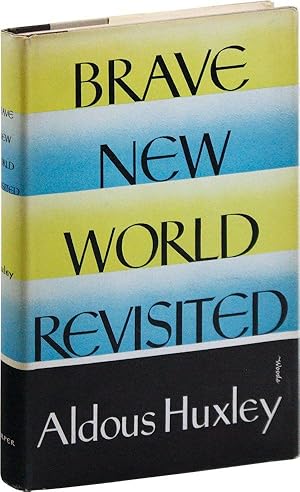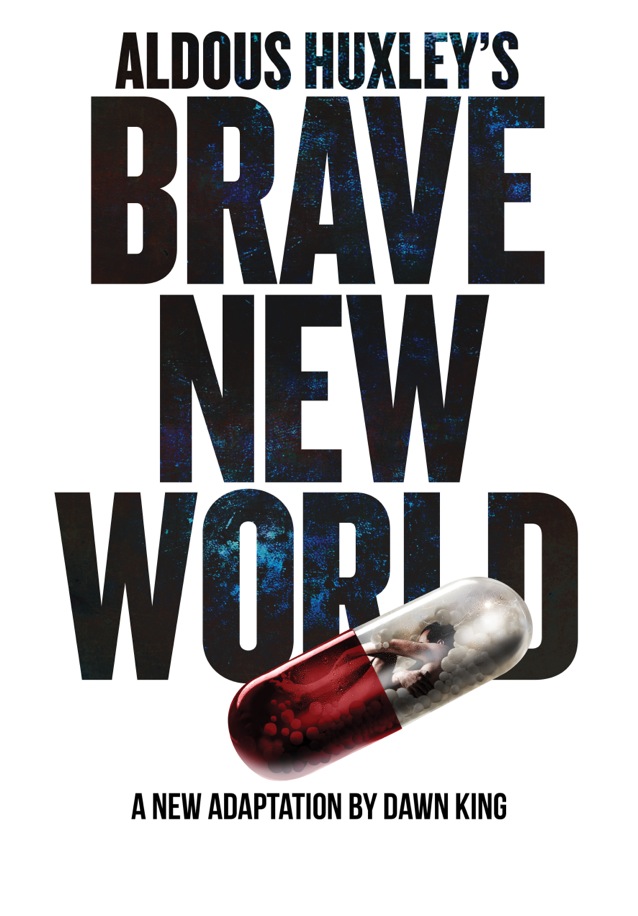

However, many such romances, including the historical romances of Scott, Emily Brontë's Wuthering Heights and Herman Melville's Moby-Dick, are also frequently called novels, and Scott describes romance as a "kindred term". Walter Scott made a distinction between the novel, in which (as he saw it) "events are accommodated to the ordinary train of human events and the modern state of society" and the romance, which he defined as "a fictitious narrative in prose or verse the interest of which turns upon marvellous and uncommon incidents". The present English word for a long work of prose fiction derives from the Italian novella for "new", "news", or "short story of something new", itself from the Latin novella, a singular noun use of the neuter plural of novellus, diminutive of novus, meaning "new". Substance, lying along the polished tubes like butter, streak after luscious streak

The yellow barrels of the microscopes did it borrow a certain rich and living The overalls of the workers were white, their hands gloved withĪ pale corpse-coloured rubber.

Lay figure, some pallid shape of academic goose-flesh, but finding only the glassĪnd nickel and bleakly shining porcelain of a laboratory. Cold forĪll the summer beyond the panes, for all the tropical heat of the room itself,Ī harsh thin light glared through the windows, hungrily seeking some draped The enormous room on the ground floor faced towards the north. Words, CENTRAL LONDON HATCHERY AND CONDITIONING CENTRE,Īnd, in a shield, the World State’s motto, COMMUNITY, IDENTITY, STABILITY. ❞ قصة Brave New World ❝ ⏤ Aldous HuxleyBrave New WorldĪ SQUAT grey building of only thirty-four stories.


 0 kommentar(er)
0 kommentar(er)
